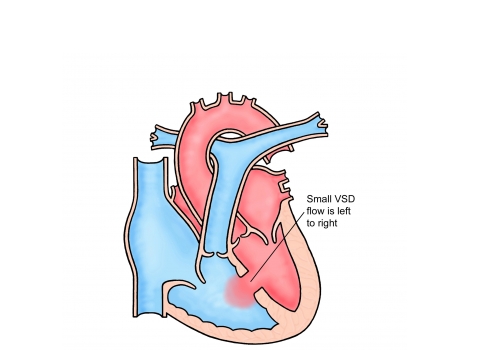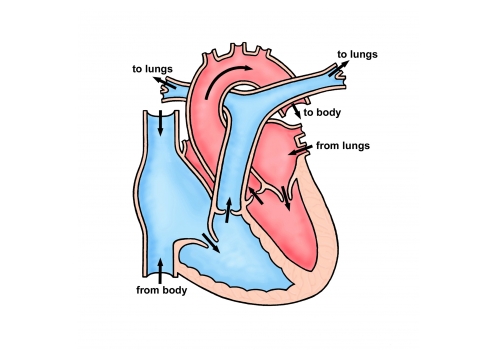Adult
- About
- Meet The Team
- Conditions
- Anticoagulation in Pregnancy
- Aortic Dilatation and Pregnancy
- Aortic Valve Disease
- Aortic Valve Replacement
- Atrial Septal Defect
- Coarctation - Transcatheter stent (keyhole) treatment
- Coarctation of the Aorta
- Congenitally Corrected Transposition of the Great Arteries
- Ebsteins Anomaly
- Eisenmenger’s Syndrome
- Fontan Circulation
- Mitral Valve Repair/Replacement
- Normal Heart
- Patent Foramen Ovale
- Pregnancy information for women with metal heart valves
- Pulmonary Incompetence
- Pulmonary Stenosis
- Pulmonary Valve Replacement - Surgery
- Pulmonary valve replacement - Transcatheter (keyhole) treatment
- Repaired Atrioventricular Septal Defects
- Sub-aortic Stenosis
- Surgical treatment of Atrial Septal Defect
- Tetralogy of Fallot
- Transposition of the Great Arteries - The Atrial Switch (Mustard or Senning) procedure
- Transposition of the Great Arteries – Arterial Switch
- Ventricular Septal Defect
- Ventricular Septal Defect - Transcatheter (keyhole) treatment
- Patient Feedback
- Making the most of your clinic appointment
- Your Appointment in Outpatients
- Easy Read Guide for Out Patients
- Cardiac Catheter
- Transoesophageal Echocardiogram
- MRI
- Surgery & "Top Tips" for coming into hospital
- Lifestyle Advice
- Exercise
- Heart Failure
- End of Life and Palliative Care
- Looking after your oral health
- Dentists Information Section: Dental care in adults at risk of Infective Endocarditis
- Yorkshire Regional Genetic Service
- Support
- Video Diaries
- Second Opinion
- Monitoring Results at Leeds Infirmary
- Professionals
Ventricular Septal Defect
You were born with a ventricular septal defect, which is a hole between the two main pumping chambers (ventricles) of the heart. These holes can vary in size from tiny to large. They often get smaller through childhood, and sometimes close altogether on their own. However, if your VSD has not closed on its own by the time you are 20, it is very unlikely to do so.


Management of VSDs in adults depends upon the size and position of the hole.
If the hole is very small and not near to any of the heart valves, nothing further needs to be done, and we may discharge you. You need to remember to take care of your teeth, but you no longer require antibiotic cover prior to dental work.
If the hole is small but near to one or more of the heart valves, there is a chance that you may develop a problem with one of these valves as the years go by. This is because turbulent blood flow through the VSD can damage the valve over time. Very occasionally, people need an operation to replace a damaged heart valve. If this is the case you will be kept under follow up so we can check on your heart valves from time to time by listening to your heart and performing an echo (heart ultrasound).
If the hole is particularly large, extra strain may be put on the heart and occasionally we recommend that the hole is closed. This can be done either with an operation, or in some people a new keyhole approach is possible.
Murmur
All people with VSDs have heart ‘murmurs’. This is just the noise that is made as blood passes through the hole. VSD murmurs can be very loud. This is normal and nothing to worry about in itself.
Endocarditis
All patients with a VSD are at an increased risk of having endocarditis (infection in the heart). It is important that you have good dental hygiene and you visit the dentist every 6-12 months. You no longer require antibiotics prior to dental treatment. Due to the increased risk of infection we would also advise against body piercing and tattoos.
Lifestyle
There should be no restrictions placed on your life. Regular exercise to a moderate level is encouraged. It is good for your general health and wellbeing and beneficial for your heart and circulation. You can take part in all kinds of sport.
Pregnancy
You are unlikely to have any problems related to your VSD in pregnancy. If you are planning a pregnancy, please let us know beforehand so we can check things will be OK. We may want to see you once during pregnancy.
